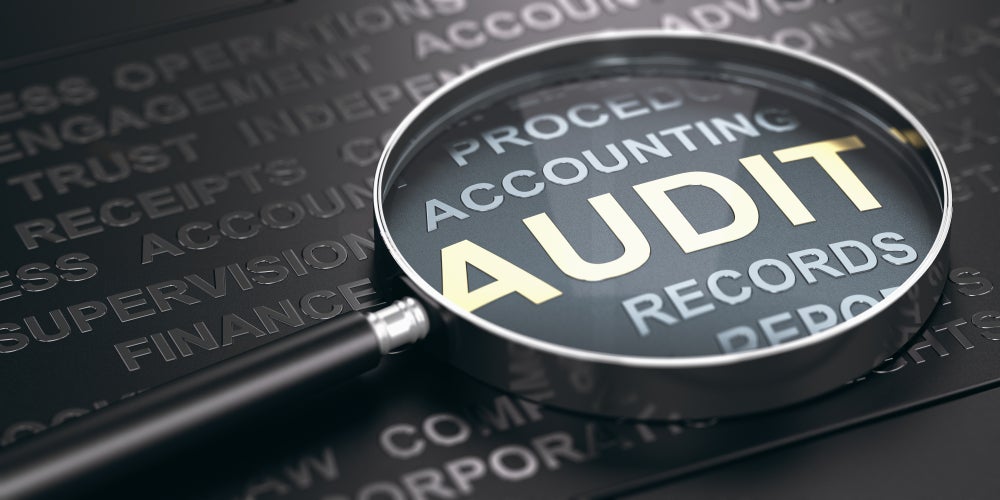The UK’s Chartered Institute of Public Finance and Accounting (CIPFA) has launched a code of practice for countering fraud in the public sector, following its appointment to take over the late Audit Commission’s anti-fraud operations.
As a consequence of the disbandment of the UK Audit Commission, as of March 2015 local authorities will be allowed to appoint their own auditors. The first audits affected by the change are expected to be those of public bodies whose accounting periods end 31 March 2018.
Upon its closure in April this year, some of the functions previously occupied by the Audit Commission were reallocated by the government to other organisations. In particular, its counter-fraud function was taken up by CIPFA, which launched a national Counter Fraud Centre (CFC) this year.
Speaking to The Accountant as part of the upcoming UK survey CIPFA chief executive Rob Whiteman said he welcomed the transferral of counter-fraud staff, tools and responsibilities to CIPFA as recognition of the organisation’s "very unique role" in helping ensure effective public finances.
"CIPFA is very pleased and honoured to take this responsibility from the audit commission because we think that fighting fraud and corruption is absolutely a vital component of accountancy and finance in the public sector."
When CIPFA inherited the Audit Commission’s work, Whiteman explained, it took on a mandate he described as "less about powers and more about the tools and support available to public bodies to help them shine a light on fraud and corruption."
How well do you really know your competitors?
Access the most comprehensive Company Profiles on the market, powered by GlobalData. Save hours of research. Gain competitive edge.

Thank you!
Your download email will arrive shortly
Not ready to buy yet? Download a free sample
We are confident about the unique quality of our Company Profiles. However, we want you to make the most beneficial decision for your business, so we offer a free sample that you can download by submitting the below form
By GlobalDataPart of the support the CIPFA intends to provide to public bodies is the code of practice, released for consultation earlier this year. Building on previous anti-fraud guidance and following the establishment of the CFC, the code outlines effective anti-fraud response measures and focuses on issues including leadership, governance and operational arrangements.
The five principles central to the code include: acknowledge responsibility, identify risks, develop a strategy, provide resources and take action.
Whiteman told The Accountant: "we will ask public bodies to adopt [the code]; we will issue guidance on how best to implement [it]." In order to "help bodies equip themselves to fight fraud" the code will be part of a provision including publications, roundtable events, benchmarking tools and comparative data, he explained.
Speaking at the launch of the code at the CIPFA governance summit in London, Whiteman warned: "Resilience to fraud is essential when public funds are under so much pressure and budgets are so constrained.
"The new code sets out the standards all organisations should be aiming for and CIPFA stands ready to provide any further support and guidance that public sector bodies need."
Related stories
UK survey 2013: Profession without prejudice brings pride to UK business and economy
Accountancy profession closes the gap left by Audit Commission closure






